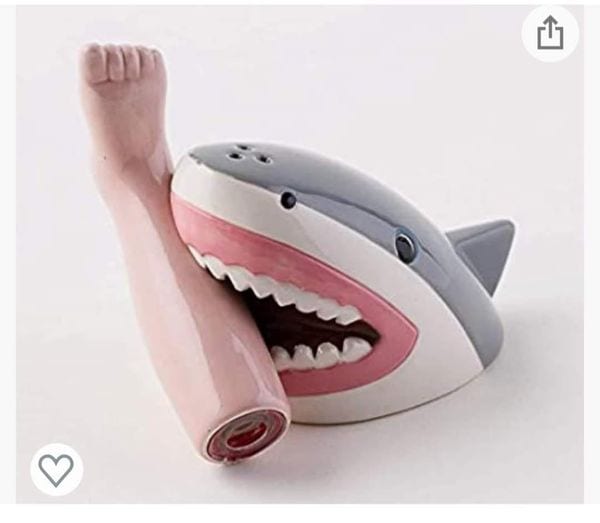
Successful Coping Strategies
Amputees and coping strategies for limb loss are the focus of this article. Amputation brings an avalanche of feelings enveloping you and threatening your very existence. After the trauma of limb loss, the last thing you want to do is face your feelings. However, the sooner you stop ignoring your emotions, the sooner you can acknowledge them. Processing them means freeing yourself from emotions tied to the past so that you can start to develop a physical and psychological recovery plan. If you find that this is too hard to do on your own, you should consider seeing a trained professional or amputee coach. You change your focus from what happened to me to what I will do about it.
Keep Positive
A positive attitude can help you through rehabilitation challenges. Remember. grieving is a life event and not a mental illness. Beware that it doesn’t become a major depression, or worse, mood swings that get you misdiagnosed as a manic depressive. Emotional anguish will not kill you, but the anticipating pain makes it hard to endure. There’s no right way to feel after an amputation. You may have mood swings that feel out of control. Whatever mood swings erupt remember they’re valid. Express and address them, but don’t hide them. Hopefully, those feelings will become less intense with time, and you will feel more in control You find new meaning and purpose in your life. New amputees need successful coping strategies.
Express Your Negative Feelings
Negative feelings are caustic especially if they are ignored and stagnate. Writing down your anger in a journal helps immensely. If you find writing too passive another medium may feel more meaningful in defusing your angry feelings. Martial arts are an excellent way to make anger control appropriate. Intense physical exercise helps resolve negative feelings. Finally, being creative is a safe way to control your anger You don’t have to be a skilled artist. All that matters is that you have the opportunity to deal with these emotions. You must not continue to bottle them up. Instead, use them as your muse to help you keep trying to find methods of self-expression that allow you to vent your negative feelings.
Let your loved ones know when you would like to talk honestly about your loss and grief. You are not looking for someone to cheer you up or get your mind off your negative feelings. Admitting that you feel emotionally overwhelmed means your significant others are probably feeling the same way, too. Making a safe place free of anger, self-pity, and blame will give you time to get unified on goals and to get control of your life back. Sharing your grief with the people closest to you can help strengthen those relationships Now is the time to explore your fears and uncertainties. Amputation is as devastating as the loss of your significant other. New Amputees Need Successful Coping Strategies.
Talk to an Amputee
Though you might feel alone in dealing with limb loss, you’re only one of 185,000 people per year who undergo an amputation. Talking to somebody about amputees and coping strategies for limb loss can be a big help. In addition, there are over two million limb loss survivors in the United States alone. Sometimes simply knowing that other people have successfully dealt with this tragedy and have moved on is encouraging. Many amputees find some comfort by participating in limb loss support groups. In these settings, you can share problems, suggestions, and successes with fellow amputees. You can commiserate with and inspire each other. If you cannot make it to a real-world support group meeting, you can look for virtual support groups on Facebook and other social media platforms. New amputees need successful coping strategies.
Amputation recovery depends on your ability to come up with new personal goals that include your change in your body image. What kind of purpose should you look for? There’s no single right answer. For some amputees, it’s a cause related to limb loss, like raising awareness for vascular diseases or support for services for limb loss survivors. But your purpose doesn’t have to have anything to do with amputation. Anything that gives you a reason to go through your day boosts your confidence and self-esteem. It is a motivation for a higher cause. It is a positive addition to your life after limb loss. It is the difference between being disabled and rebuilding a new sense of your ability.
Practical coping strategies to help amputees and their families
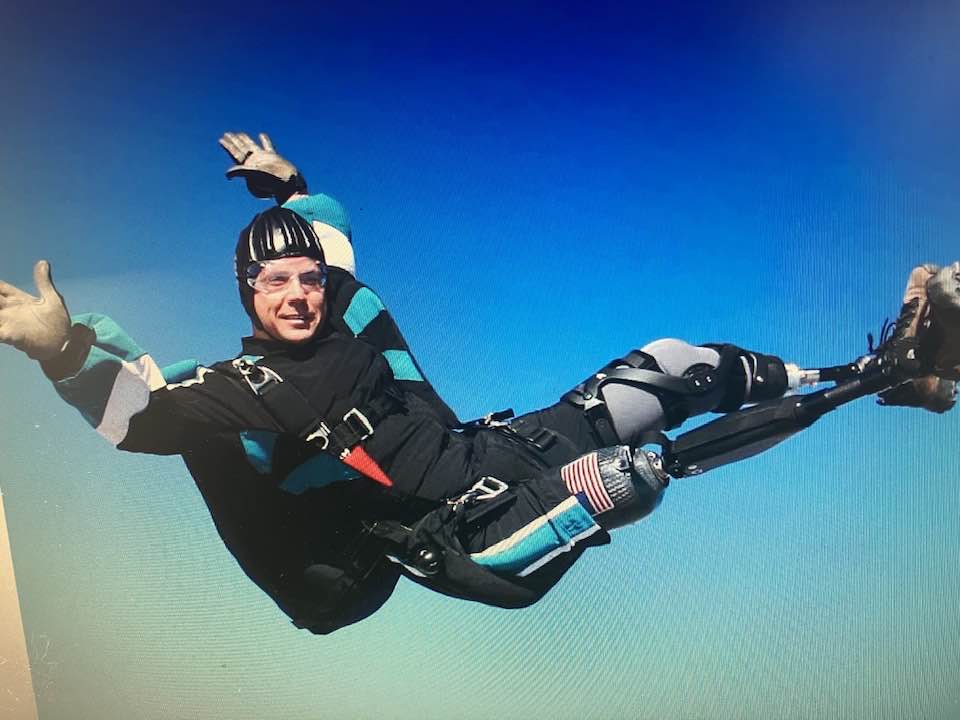
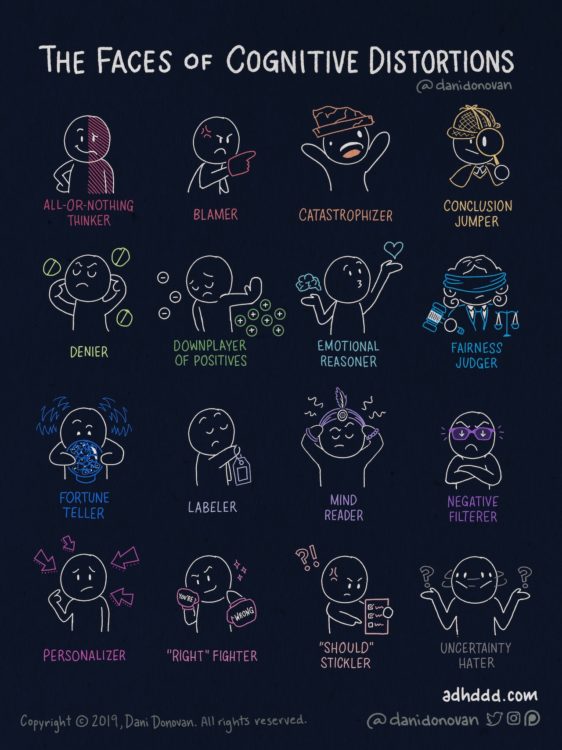
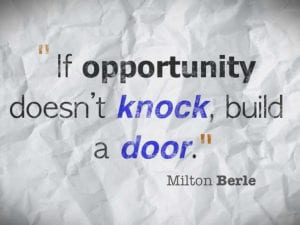
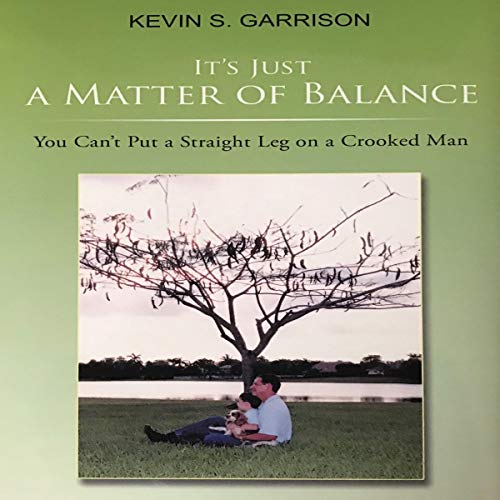

I got no instruction on how to clean my sleve till I met this product. Considering how much I sweat it was aa Godsend.